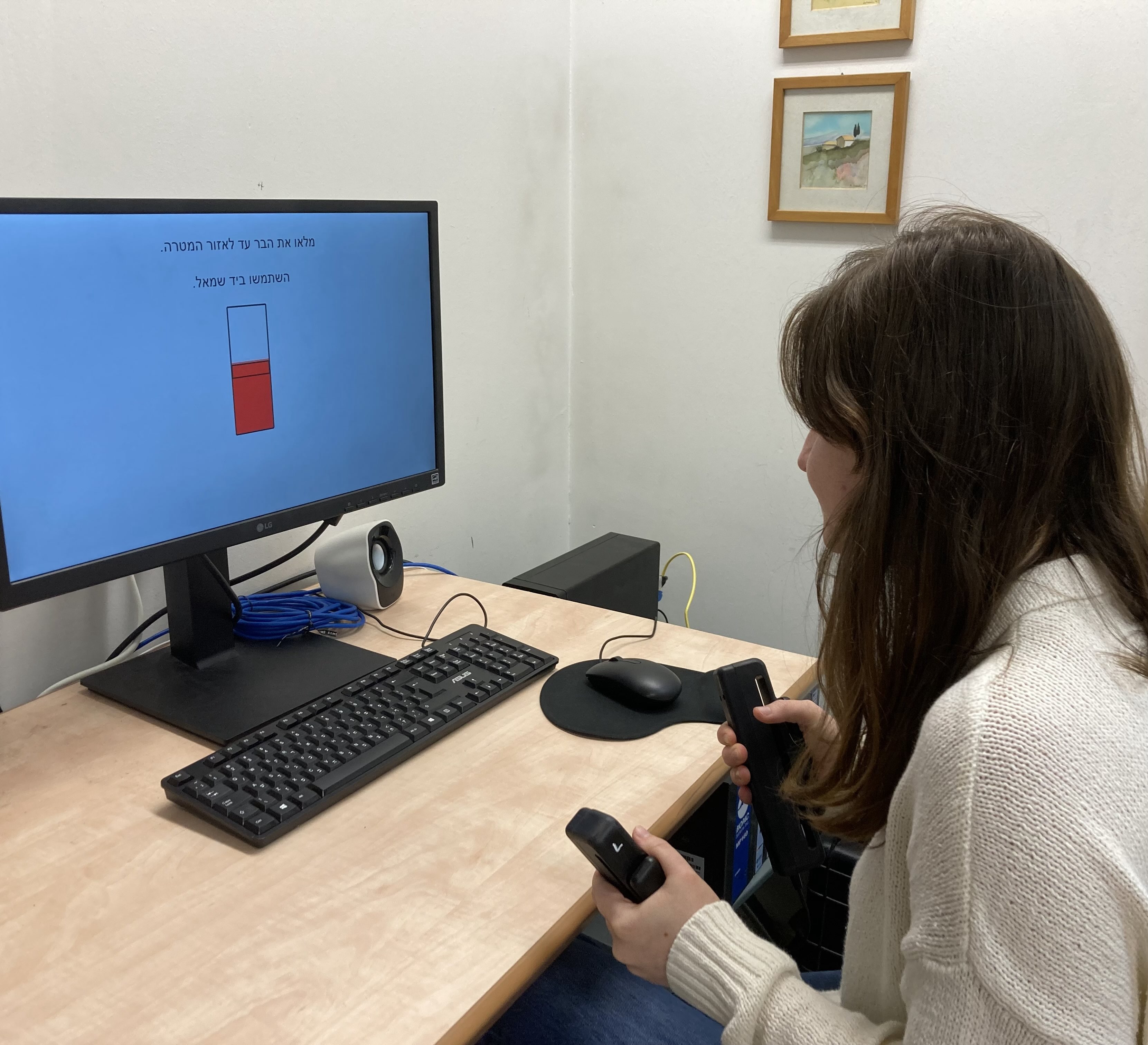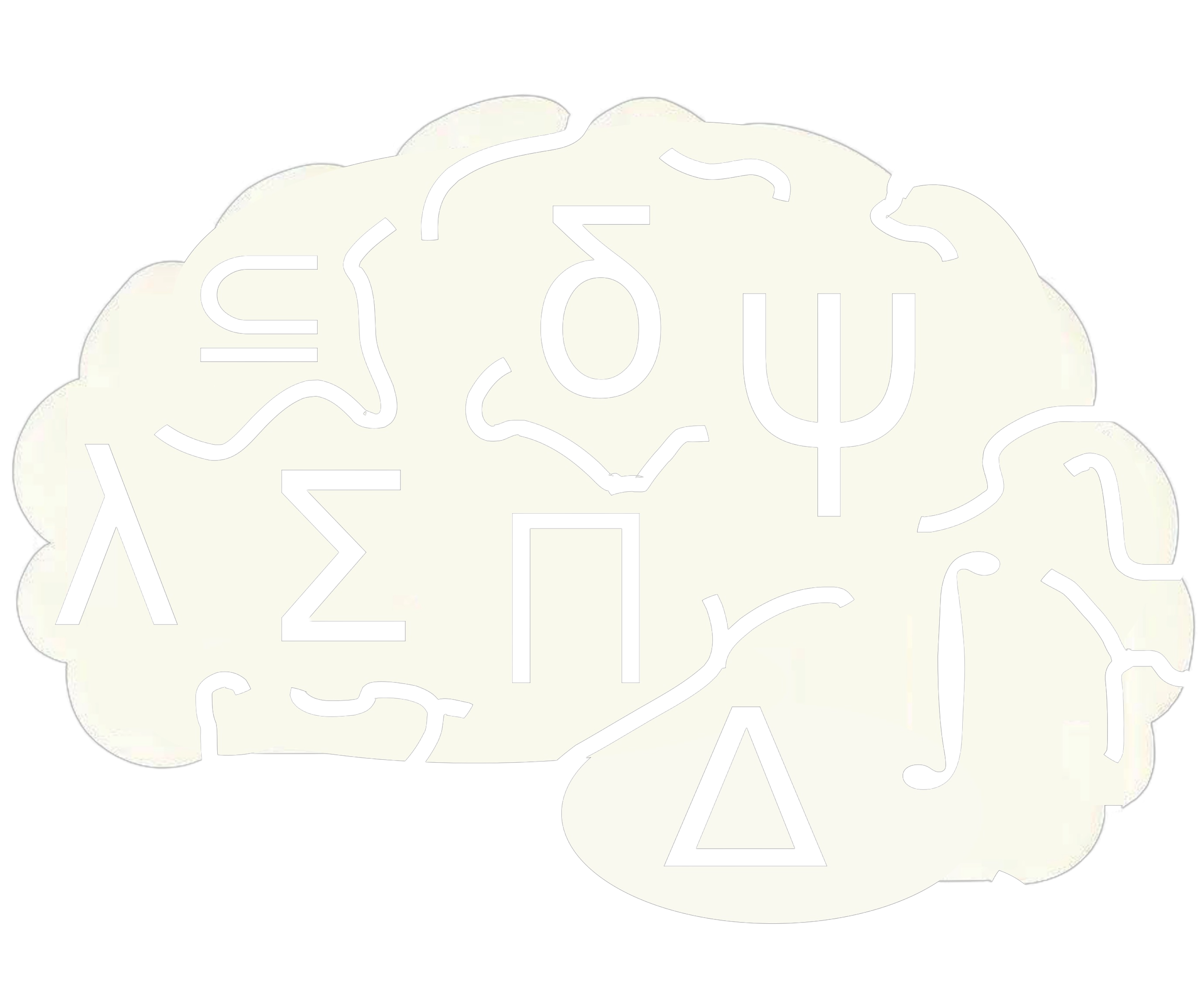About our research
Our research focuses on linking subjective experiences to objective, performance-based measures and exploring the physiological mechanisms that mediate this relationship. In more recent years, we have examined the computational mechanisms of human motivation—a key transdiagnostic construct that is disrupted across many neuropsychiatric conditions, including depression and schizophrenia, and one that remains poorly treated. Our overarching goal is to integrate a transdiagnostic framework with advanced neuroscience methods—computational modelling, neuroimaging and real-time symptom tracking—to develop or repurpose treatments targeting specific motivational symptoms across patient populations.

Current Projects
Transdiagnostic approach to human motivation: how do people perceive effort?
Changes in motivation are common in many neurological and psychiatric conditions, such as dementia and depression, but also in healthy individuals and in normal ageing. We attempt to understand the core mechanisms explaining individual differences in motivation. Our current project looks at how people perceive effort. To study this, we use a set of neurophysiological measures in tasks requiring physical and/or cognitive effort.
This project is funded by Israel Science Foundation (ISF).
Characterising Negative Symptoms in Schizophrenia
We investigate the processes underlying the cluster of symptoms called 'negative symptoms' in schizophrenia. These symptoms include reduced motivation or 'apathy' and reduced emotional expressivity. Although they tend to be overlooked and far less studied than 'positive symptoms' of hallucinations and delusions, negative symptoms determine long-term clinical outcome in patients.
In this project, we ask what leads to apathy in patients, and how this can be potentially treated. To investigate this, we use computerised tasks that ask participants to decide whether and which actions to perform under different experimental conditions.
This project is done in collaboration with Emilio Fernandez at the University of Cambridge.
Belief updating and learning to adapt to environmental changes
We look at how individual differences in mental health and age affect how people update their beliefs about the environment. Specifically, we examine how people adapt their behaviour in different contexts, and whether there is a common construct shared by belief updating tasks. We investigate whether changes in belief updating may put an individual at risk of mental health conditions, such as delusions and negative symptoms.
This project done is in collaboration with Matt Nassar at Brown University.
This project is funded by the CRCNS (NSF-NIMH-BSF).




